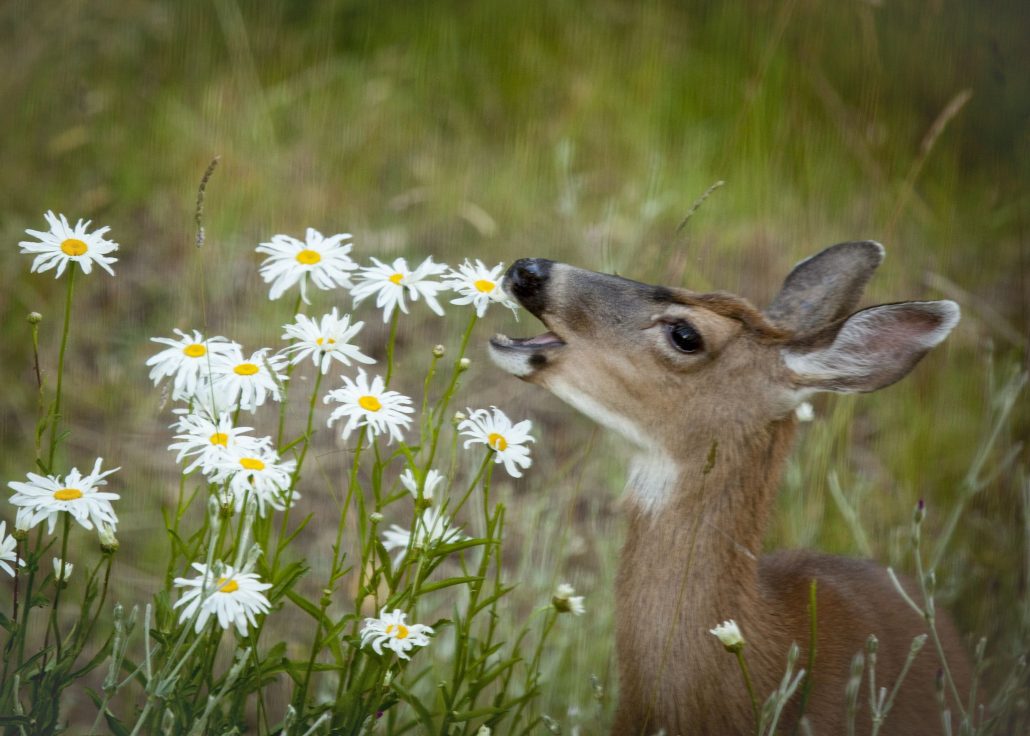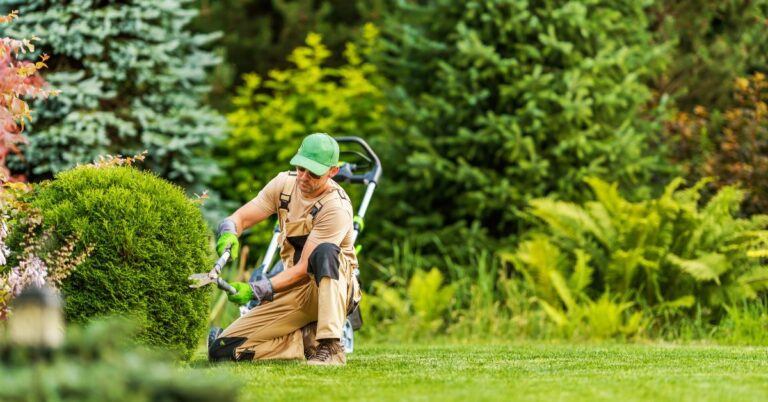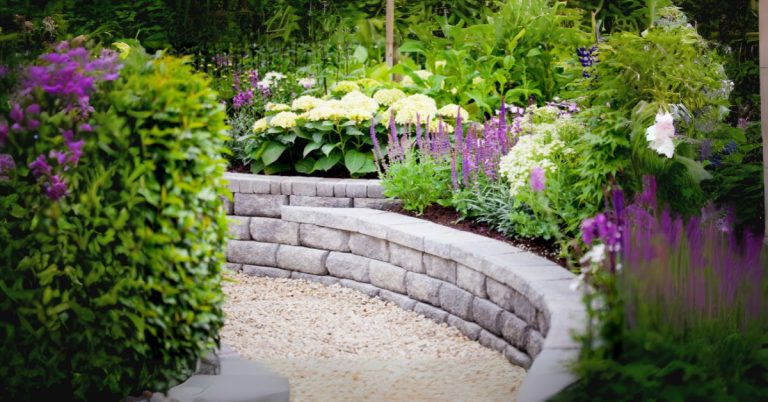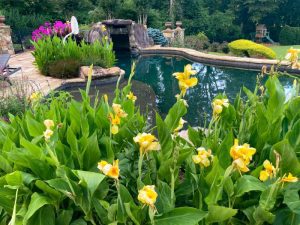Chrysanthemums are great garden additions because of their vibrant colors and lovely fragrance. However, these attributes could be problematic if you live in an area with many deer. Deer can overlook their usual dietary restrictions when natural foliage is scarce. So a common question is, “Do deer eat mums?”
The short answer is – yes, deer will eat chrysanthemums.
Deer are herbivores, and their diet consists of plants such as plantain, lilies, violas, dahlias, rose mallow, and hydrangea because of their smell and taste. During food scarcity (early spring or fall), deer will also eat chrysanthemums.
Reasons deer eat mums:
- Hunger and nutritional requirements
- Seasonal food availability
- High deer population density
- Easy access
- Curiosity
- Novice experience (mostly fawns)
- Lack of effective deterrents
Deer-Resistant Replacements for Chrysanthemums
If you’re looking for deer-resistant flowers that resemble chrysanthemums, you might consider some options that have similar characteristics in terms of appearance or growing conditions. Here are a few suggestions:
- Marigolds (Tagetes spp.): Marigolds have vibrant blooms similar to chrysanthemums and are often deer-resistant due to their strong scent, which deer tend to avoid.
- Zinnias (Zinnia spp.): Zinnias come in various colors and have a similar appearance to chrysanthemums. They are usually deer-resistant and are relatively easy to grow.
- Coneflowers (Echinacea spp.): Coneflowers have daisy-like blooms and are known for their resilience against deer. They come in a range of colors and are attractive to pollinators as well.
- Russian Sage (Perovskia atriplicifolia): While not a flowering plant similar to chrysanthemums, Russian sage has a similar growth habit and foliage texture. It’s also deer-resistant and adds a lovely purple hue to the garden.
- Lavender (Lavandula spp.): Lavender doesn’t resemble chrysanthemums, but it offers a similar aromatic quality to some chrysanthemum varieties. Deer typically avoid lavender due to its strong scent.
- Salvia (Salvia spp.): Salvias come in various colors and sizes, and while they don’t look like chrysanthemums, they offer attractive blooms and are often deer-resistant.
Remember, while these plants are generally deer-resistant, no plant is completely deer-proof. Deer preferences can vary depending on factors like local food availability and population density. It’s a good idea to observe deer behavior in your area and choose plants accordingly. Additionally, methods for keeping deer out of your garden such as fencing, repellents, and other deterrent methods can help protect your garden from deer damage.









